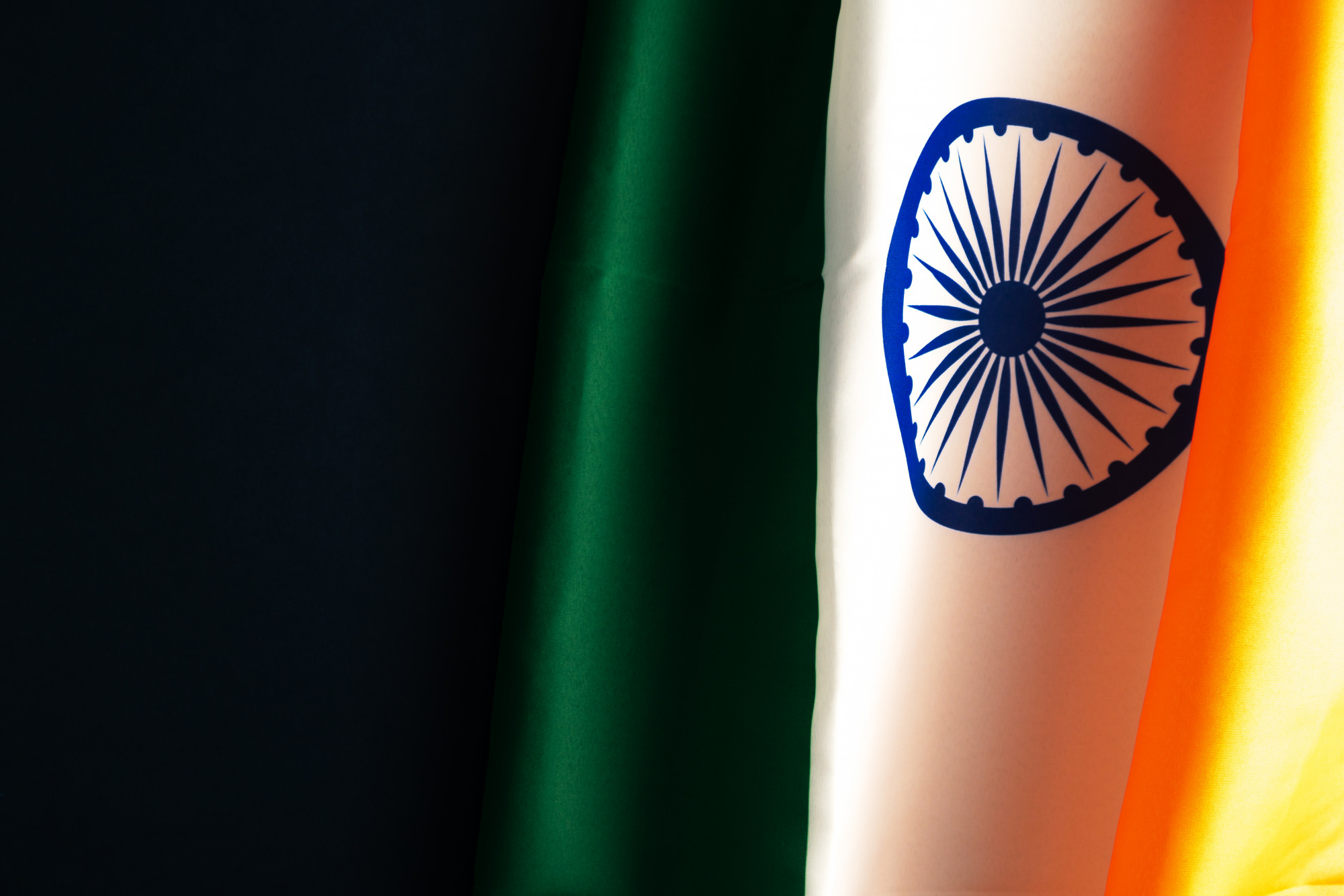It was hard for India to get its independence. Most people agreed on how democratic India would change after independence. India became the democratic country it is today by considering many different points of view. We will quickly examine how the Constitution was made and set up.
How the Indian Constitution came to be
In 1928, Motilal Nehru and eight other important people were the first to write a constitution. At the 1931 session of Congress in Lahore, a resolution was passed that said what the main goal of the constitution was. Some things were the same in both cases, like the right of every adult to vote, the right to equality and freedom, and the protection of the rights of minorities.
In 1931, India had one of its first elections. They were the elections for the Provincial Assemblies, where political parties in India could run for office. This taught the great leaders how to be leaders and set up and run institutions well.
The Constitution's Influence on the Rest of the World
In addition, the nationalist leaders discovered how to incorporate beneficial elements from other nations' constitutions into India's. So, our constitution has parts like those of other countries constitutions. Our democracy came from France, and our basic rights came from the United States. We were also influenced by the way Britain and Russia ran their governments.
The Founders' Assembly
In July 1946, people could vote for members of the Constituent Assembly. After the country was split in two, the Constituent Assembly was split into the constituent assemblies of India and Pakistan. On Month of November 26, 1949, the Constitution was signed into law. But it was fully put into place on January 26, 1950.
The people who were in the Constituent Assembly came from all over India. They were chosen to speak for all of India's social groups. The Assembly showed what society was like at the time. The structure has stayed the test of time because it is based on the idea of pan-Indian representatives in the Assembly.
India's Constitution and What It Means
The Preamble is where you can find out what the Indian Constitution is. Before understanding the Constitution, you need to know what the Preamble says. Let's look at the most important words and phrases in our constitution:
The Indian People
This sentence means that the Indian people, through their representatives, wrote and passed the constitution. The constitution is something we made ourselves. No king or person from Britain gave it to us.
Sovereign
The Preamble says that sovereignty means that India is free and that no other country can tell India how to run its government. The Constituent Assembly didn't want the British to rule over India. Instead, they wanted India to be free.
Socialist
Indian socialism means that everyone in the society works together to make money and then shares that money equally. In the Preface, it was decided that the government would ensure that the right people owned land and businesses, so there would be less social and economic inequality.
Secular:
India has no recognized official religion, and the government gives no faith preferential treatment. People in the country are free to follow any religion they want. The government shows respect for all religions in the same way.
Democratic:
India would switch to a form of government in which the people choose their leaders and hold them responsible. Also, it was decided that everyone would have the same political rights.
Republic:
This phrase means that the head of state, in this case, the President of India, is chosen by the people and not passed down through the family. India's President is chosen in special elections.
Justice
No one is ever discriminated against because of their caste, religion, or gender in the country of the law. The government would try to improve the lives of the underprivileged and downtrodden to lessen social injustices.
Liberty
Citizens are free to say what they think in any way that makes sense. There are no restrictions on the freedom of citizens, that are unfair.
Equality
No matter how moneyed or poor they are, all citizens are treated equally by the law. Every citizen would have the same chance to improve their social and economic situation.
Fraternity
Each citizen should honor the idea of brotherhood, and no one should treat another citizen like they are less important.
Design of the Constitution
A constitution is not just a list of values and ideas. It is much more than that. It's all about building the values mentioned above into how institutions work. The way a government is put together is set out in the constitution.
It says how power is shared between the different parts of the government. The constitution also limits a constitutional design body's power. There is a list of the rights that citizens have and a list of the limits on those rights.
 PDF Magic
PDF Magic



